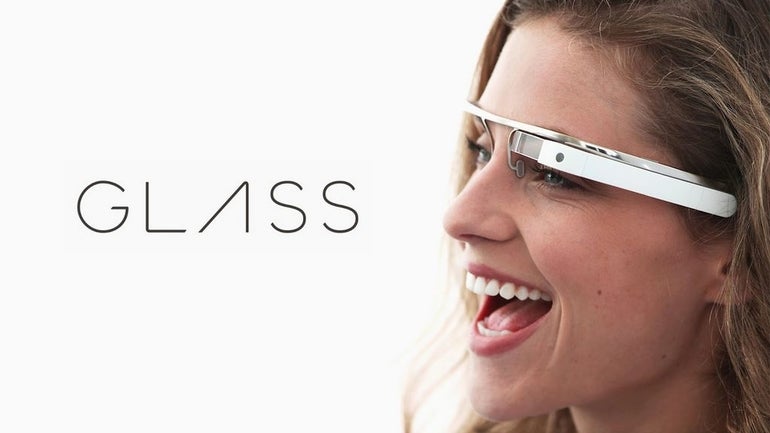A University of Massachusetts Medical School study measuring the usefulness of Google Glass in emergency room toxicology consults is adding to speculation that the wearable device may be a good fit for the health care industry.
The school this week announced the results of the study, published in the Journal of Medical Toxicology, which suggest that Google’s head-mounted audio/video streaming device can be used by remote specialists to diagnose and manage patients with suspected poisoning cases.
During the study, ER residents at UMass Memorial Medical Center engaged 18 toxicology consults while wearing Google Glass. Medical residents performed bedside evaluations while secure video feeds were sent to a consulting toxicologist working at a remote location. Consultants then guided residents through text messages displayed on the Glass device, and obtained photos of pertinent items through the device, such as medication bottles and electrocardiograms to aid in diagnosis and treatment. The Google Glass process was done in addition to the standard verbal consultation residents and toxicologists engage in, and toxicologists reported being more comfortable making poisoning diagnoses with the assistance of Google Glass, UMass Medical School said.
Additional data showed that the use of Google Glass also changed the management of patient care in more than half of cases; six patients received antidotes they otherwise would not have had. And 89 percent of the cases seen with Glass were considered successful by the consulting toxicologist.
Dr. Peter R. Chai, toxicology fellow at UMass Medical School and an author of the study, said giving a toxicology specialist a bedside view of the patient has “huge advantages.”
“It brings a specialist to patients that might not otherwise have access to that kind of expertise. Because Google Glass is relatively unobtrusive to patients, can be operated hands free and is extremely portable, it has a distinct advantage over traditional telemedicine platforms,” Chai said in a statement.
Now that Google Glass has shown itself to be feasible for assessing ER poisoning cases, the next step will be measuring its effectiveness in the remote care of those patients following diagnosis, according to Chai.
As UMass Medical School investigates the value of Google Glass in the hospital, the health care industry is moving toward “value-based care” or a delivery system that manages patient care on a budget, Chai noted. Wearable devices such as Google Glass may enhance telemedicine practices that use specialists at other locations to help diagnose and manage patients, thereby increasing a hospital’s coverage area.
“A toxicology service using hands-free devices, such as Google Glass, could conceivably expand its coverage area and enhance patient care, while potentially decreasing overall treatment costs,” Chai said.
Glass to become protocol?
In an interview Tuesday, Chai said that while studies are ongoing, UMass Memorial Medical Center physicians plan to eventually incorporate Google Glass into clinical practices for toxicology patients. It’s especially useful in the field, he said, because it can be difficult to verbally describe a patient’s condition in the case of poisonings.
But there is potential to expand its use to other areas of medicine too. Chai said the technology was tested in diagnosing dermatology patients when he was a resident at Rhode Island Hospital, providing dermatology consultants with crucial visual data. And while some have cited privacy concerns with data being transferred over Google Glass, patients were comfortable that encryption kept their data secure, Chai said.
“We found our patients really loved it,” Chai said.
Industry tests Glass
Meanwhile, health care companies have investigated Glass’s functionality in the medical field too. TechCrunch.com reported last summer on a pilot run by a startup called Remedy in partnership with three Harvard-affiliated hospitals in the Boston area. In that pilot, physician assistants shared details about patient conditions with surgeons using video and photos via Google Glass, instead of verbally describing those details.
And Healthcare IT News reported last November that, while seen as a bust in the consumer market, Google Glass shows promise in the health care sector, with several companies, including Boston’s Brigham and Women’s Hospital and Beth Israel Deaconess Medical Center, having “teased, tossed and turned around” Google Glass “to create a platform that allows the health care provider to access needed information at the point of care …”

